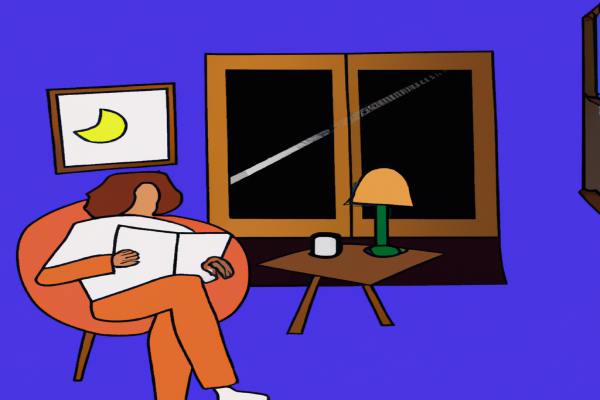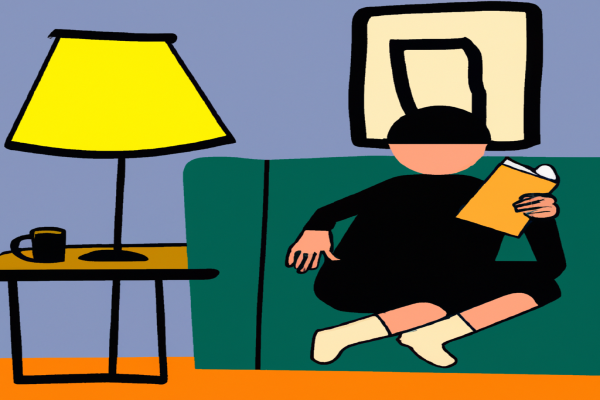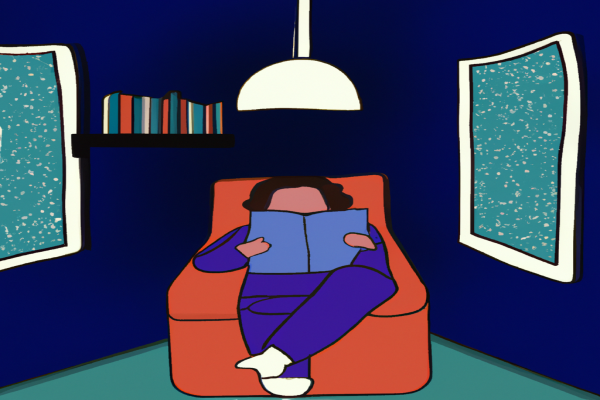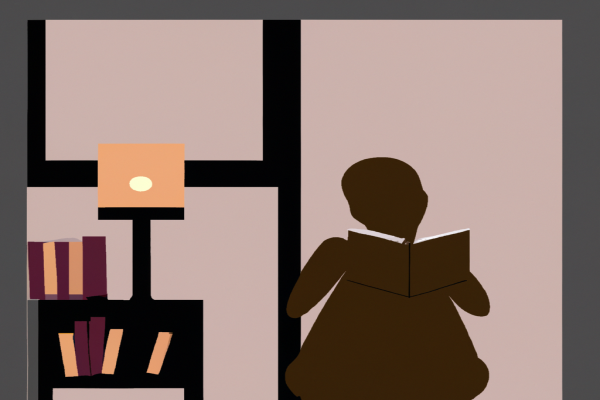The Time Machine: Summary
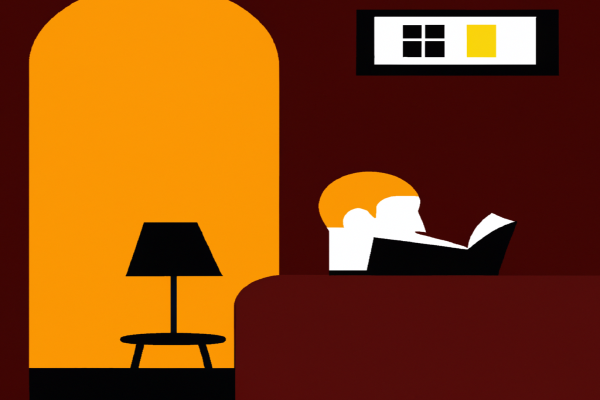
The Time Machine is a science fiction novel by H.G. Wells, first published in 1895. It tells the story of an unnamed protagonist who invents a time machine and travels to the future. The protagonist discovers that humanity has evolved into two distinct species: the Eloi, a gentle race living a carefree life; and the Morlocks, an aggressive subterranean race that feeds on the Eloi. The protagonist is eventually able to escape from the future and return to his own time, wiser for his experience.
Want to know more?
What is The Time Machine about?
The Time Machine is a science fiction novella by H.G. Wells, published in 1895. It is the story of a scientist and inventor known as The Time Traveller who builds a machine that allows him to travel through time. The novel explores themes of class division and social Darwinism, as well as the consequences of technological advancement. In his travels, the Time Traveller visits the distant future and discovers a world divided between two species: Eloi and Morlocks. The Eloi are gentle, childlike creatures who live on the surface while the Morlocks are underground, bestial creatures that prey on the Eloi for food. Through his travels, The Time Traveller comes to realize that without a moral compass, technological advancements can lead to dangerous outcomes.
The Time Machine: Book Club Questions
- How does the Time Traveller's experience with the Eloi and Morlocks reflect Victorian society?
- How does H.G. Wells depict the conflict between science and religion in The Time Machine?
- What is the significance of the Time Traveller's journey to the future?
- What themes of progress, morality and social structure are explored in the novel?
- What do we learn about technology in The Time Machine?
- How does H.G. Wells explore themes of colonization and imperialism in The Time Machine?
- How does the novel challenge traditional gender roles in Victorian society?
- What role does fate play in The Time Machine?
- What symbolism is used to represent different characters and concepts in the novel?
- In what ways can The Time Machine be interpreted as a commentary on class and power dynamics?
What to say about The Time Machine
- The Time Machine is a classic, fascinating exploration of the possibilities of time travel.
- It's a thought-provoking story that examines the consequences of human progress.
- The Time Machine is a powerful allegory for social and political issues in the late 19th century.
- The characters are compelling and the narrative is captivating.
- I was particularly struck by Wells' depiction of the Eloi and the Morlocks, which serves as an analogy for class disparities in society.
- I found Wells' depiction of time travel to be both imaginative and convincing.
- The Time Machine is an important precursor to many later works of science fiction.
- It raises interesting questions about our relationship with technology and its implications for our future.
- It's interesting to consider how Wells' predictions about the future have held up over time.
- The Time Machine is an engaging work that still resonates with readers today, more than a century after it was written.
Top 5 Quotes from The Time Machine
- "But I had not seen the Time Traveller for more than a year, and I did not know what had been happening to him.
- "Scientific people...have indeed been much possessed with the idea of a general law of evolution.
- "Yet in my imagination, I have seen the time when there will not be one man left to tell the story of our civilisation."
- "It is possible that mankind were not intended to reach old age."
- "The thing is an anachronism. It does not belong to any age."
Adaptations of The Time Machine
TV 1. The Time Machine (1978) 2. The Time Machine (2002) 3. Doctor Who: "The Time Meddler" (1965) 4. Doctor Who: "The Waters of Mars" (2009) 5. Back to the Future (1985) 6. Futurama (1999–2013) 7. Adventure Time (2010-2018) Film 1. The Time Machine (1960) 2. Time After Time (1979) 3. Bill & Ted’s Excellent Adventure (1989) 4. Twelve Monkeys (1995) 5. Terminator 2: Judgement Day (1991) 6. The Butterfly Effect (2004) 7. Primer (2004) 8. Looper (2012) Radio 1. BBC Radio 4's Big Toe Radio Show “The Time Machine” adaptation (2004-2008). 2. BBC Radio 4's Saturday Night Theatre “The Time Machine” adaptation(1976). Podcasts 1. LeVar Burton Reads - Episode 5: The Time Machine by H G Wells (2018). Theatrical Adaptations 1. The Time Machine by Jeffery Hatcher and Eric Coble, adapted from H G Wells' novel, based on the 2002 film adaptation of the same name (2010). 2. The Time Machine by Kenneth Alan Taylor, adapted from H G Wells' novel and loosely based on the 1960 film adaptation of the same name (1987).
Other books by H.G. Wells
- The War of the Worlds
- The Island of Doctor Moreau
- The Invisible Man
- The Food of the Gods and How It Came to Earth
- The Shape of Things to Come
- The First Men in the Moon
- In the Days of the Comet
- The Sleeper Awakes
- Ann Veronica
- Kipps
- Tono-Bungay
- Mr. Britling Sees It Through
- Love and Mr. Lewisham
- The Passionate Friends
- Marriage
- The History of Mr. Polly
- Mankind in the Making
- Anticipations of the Reaction of Mechanical and Scientific Progress Upon Human Life and Thought
- A Modern Utopia
- The Door in the Wall and Other Stories
- Floor Games
- Little Wars
- Boon: The Mind of the Race, The Wild Asses of the Devil, and The Last Trump
Did you know?
The Time Machine was the first novel to popularize the concept of time travel.
